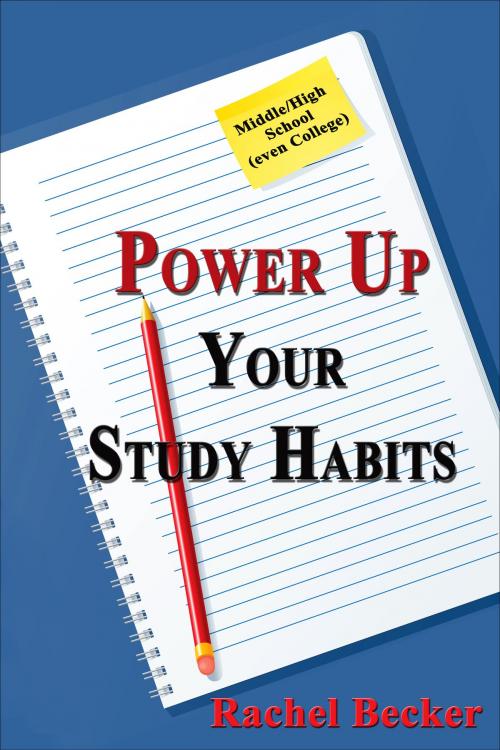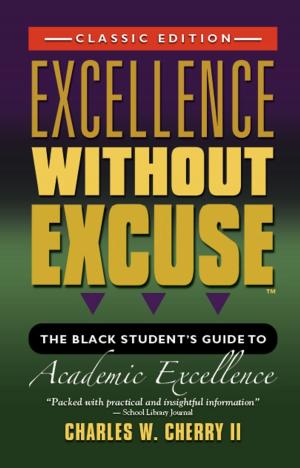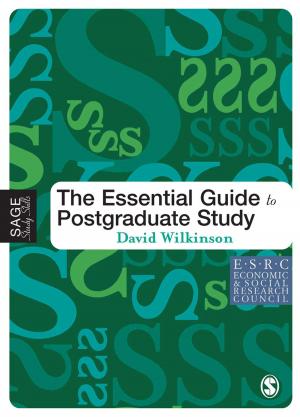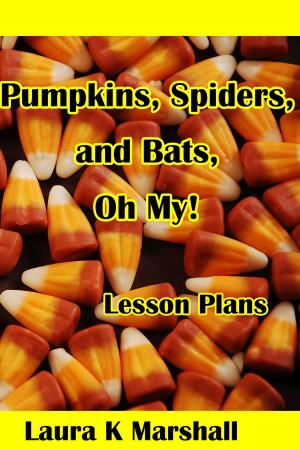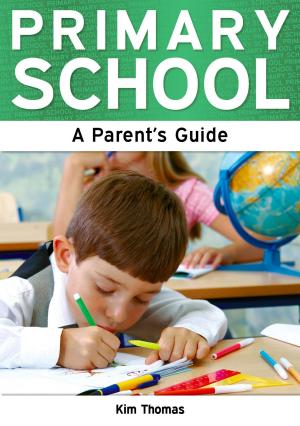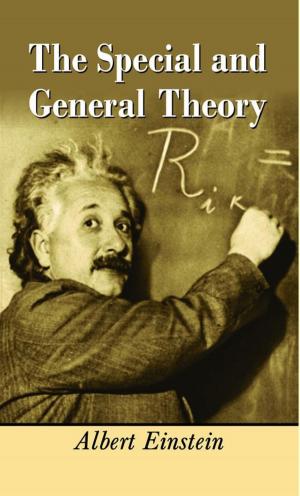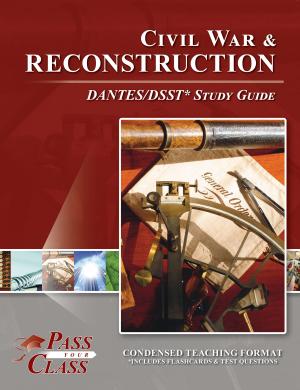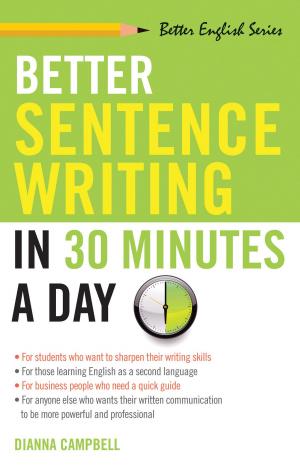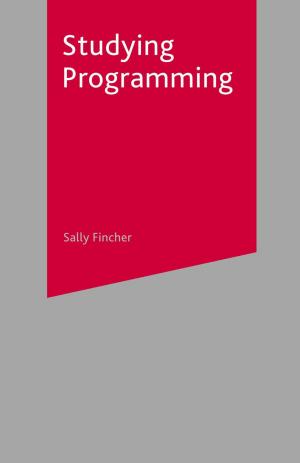Power Up Your Study Habits: Middle/High School (even College)
Nonfiction, Reference & Language, Education & Teaching, Secondary Education, Study Skills| Author: | Rachel Becker | ISBN: | 9781476290850 |
| Publisher: | Rachel Becker | Publication: | April 11, 2012 |
| Imprint: | Smashwords Edition | Language: | English |
| Author: | Rachel Becker |
| ISBN: | 9781476290850 |
| Publisher: | Rachel Becker |
| Publication: | April 11, 2012 |
| Imprint: | Smashwords Edition |
| Language: | English |
With this book, you’ll get help with basic study skills and develop habits that will last a lifetime. The ideas in this book come from 40 years of teaching and writing textbooks and tests (etc.). You'll get an insider's view, and the tips, tricks, and strategies to help you be a better student.
How about homework? When you start your homework, what should you do first? What are good questions to ask? How can you best use your textbook? Can you activate your PK? Do you chunk and chew? Do you know tricks for memorizing? How about the difference between reviewing and studying (the book has 8 ways to review)? What’s the best thing to do when you study with a group? (review) You’ll see a whole chapter on problem solving--with 10 strategies to help you become an expert problem solver. And, how can your parents really help you with homework?
What’s the best way to learn something? (teach it) How do you do that? Do you know how concept maps can help you learn? (Do you know how to draw one?) Why are vocabulary words so important? How (and when) do you review? Do you know your learning style? How about how to use it?
What about class? You'll get ideas for making the most of class--from taking notes (3 different ways) to figuring out your teacher's verbal and physical cues (if you can read them, you’ll know what’ll be on tests). (By the way, what's the one word you should avoid when talking with a teacher?) You’ll get help for sharing more in class, finding the best seat, and paying attention even when you’re bored.
Test day doesn’t have to be a day of dread. This book tells you how to deal with test anxiety, how to prepare for a test, the best strategies for each type of question (including how to look for clues on multiple choice tests), what to do when you run into trouble, and what to do when you fail a test. (Tip: What’s the one item you should bring to a test that can save the day? a pocket pencil sharpener) (You’ll use what you learn to get 100% on an organic chemistry quiz—when you know nothing about chemistry!)
This book also helps you with your writing. It has lots of tips as well as help with proofreading. (You may want to teach the rule of threes to your parents.) It goes step-by-step through the process of doing a research paper. And you’ll get help with using SQ3R when you read (if you don’t know what that is, you really need this book).
Do you need help with organizing? You’ll get it here. You’ll know how many calendars you need (and how to use them), how to schedule a long-term project, and even what to look for when buying a backpack.
And who has ever told you how to prepare for a parent-teacher conference? This book does.
This book is meant to stay with you and be easy to look at and use. If your parents also get the parent’s guide and use it, you should see more success in school—and in life.
With this book, you’ll get help with basic study skills and develop habits that will last a lifetime. The ideas in this book come from 40 years of teaching and writing textbooks and tests (etc.). You'll get an insider's view, and the tips, tricks, and strategies to help you be a better student.
How about homework? When you start your homework, what should you do first? What are good questions to ask? How can you best use your textbook? Can you activate your PK? Do you chunk and chew? Do you know tricks for memorizing? How about the difference between reviewing and studying (the book has 8 ways to review)? What’s the best thing to do when you study with a group? (review) You’ll see a whole chapter on problem solving--with 10 strategies to help you become an expert problem solver. And, how can your parents really help you with homework?
What’s the best way to learn something? (teach it) How do you do that? Do you know how concept maps can help you learn? (Do you know how to draw one?) Why are vocabulary words so important? How (and when) do you review? Do you know your learning style? How about how to use it?
What about class? You'll get ideas for making the most of class--from taking notes (3 different ways) to figuring out your teacher's verbal and physical cues (if you can read them, you’ll know what’ll be on tests). (By the way, what's the one word you should avoid when talking with a teacher?) You’ll get help for sharing more in class, finding the best seat, and paying attention even when you’re bored.
Test day doesn’t have to be a day of dread. This book tells you how to deal with test anxiety, how to prepare for a test, the best strategies for each type of question (including how to look for clues on multiple choice tests), what to do when you run into trouble, and what to do when you fail a test. (Tip: What’s the one item you should bring to a test that can save the day? a pocket pencil sharpener) (You’ll use what you learn to get 100% on an organic chemistry quiz—when you know nothing about chemistry!)
This book also helps you with your writing. It has lots of tips as well as help with proofreading. (You may want to teach the rule of threes to your parents.) It goes step-by-step through the process of doing a research paper. And you’ll get help with using SQ3R when you read (if you don’t know what that is, you really need this book).
Do you need help with organizing? You’ll get it here. You’ll know how many calendars you need (and how to use them), how to schedule a long-term project, and even what to look for when buying a backpack.
And who has ever told you how to prepare for a parent-teacher conference? This book does.
This book is meant to stay with you and be easy to look at and use. If your parents also get the parent’s guide and use it, you should see more success in school—and in life.
